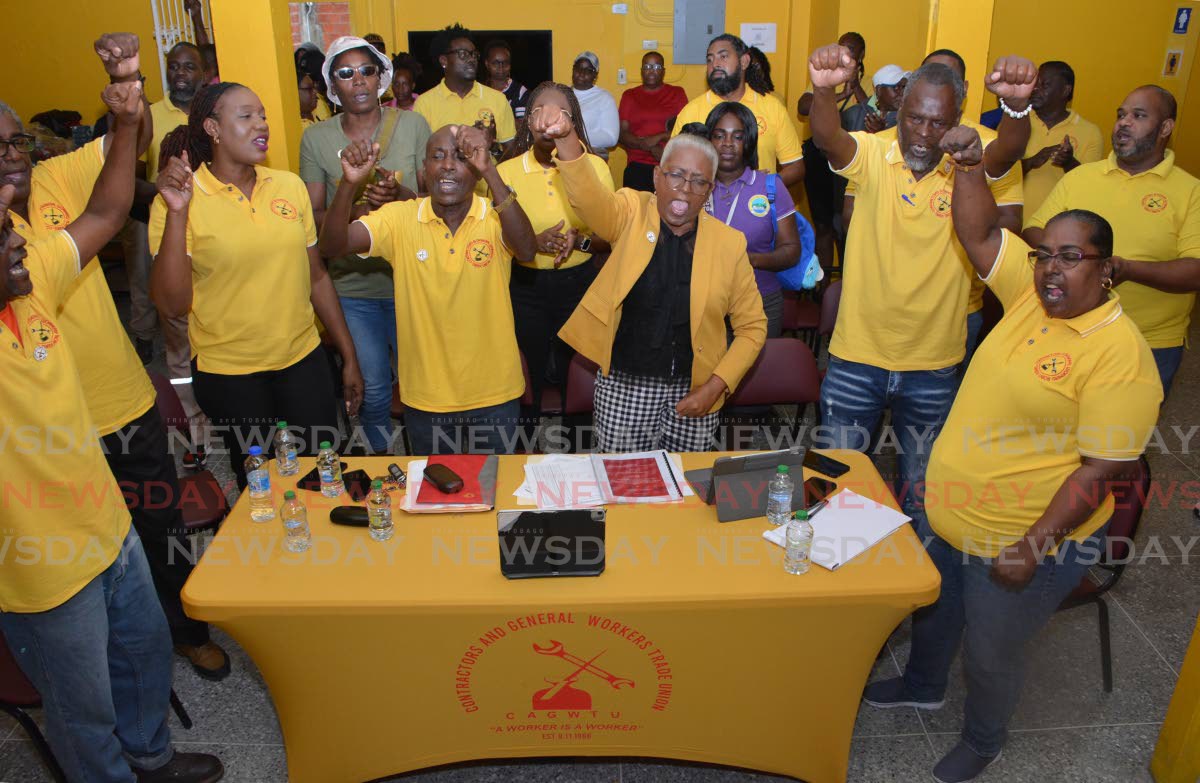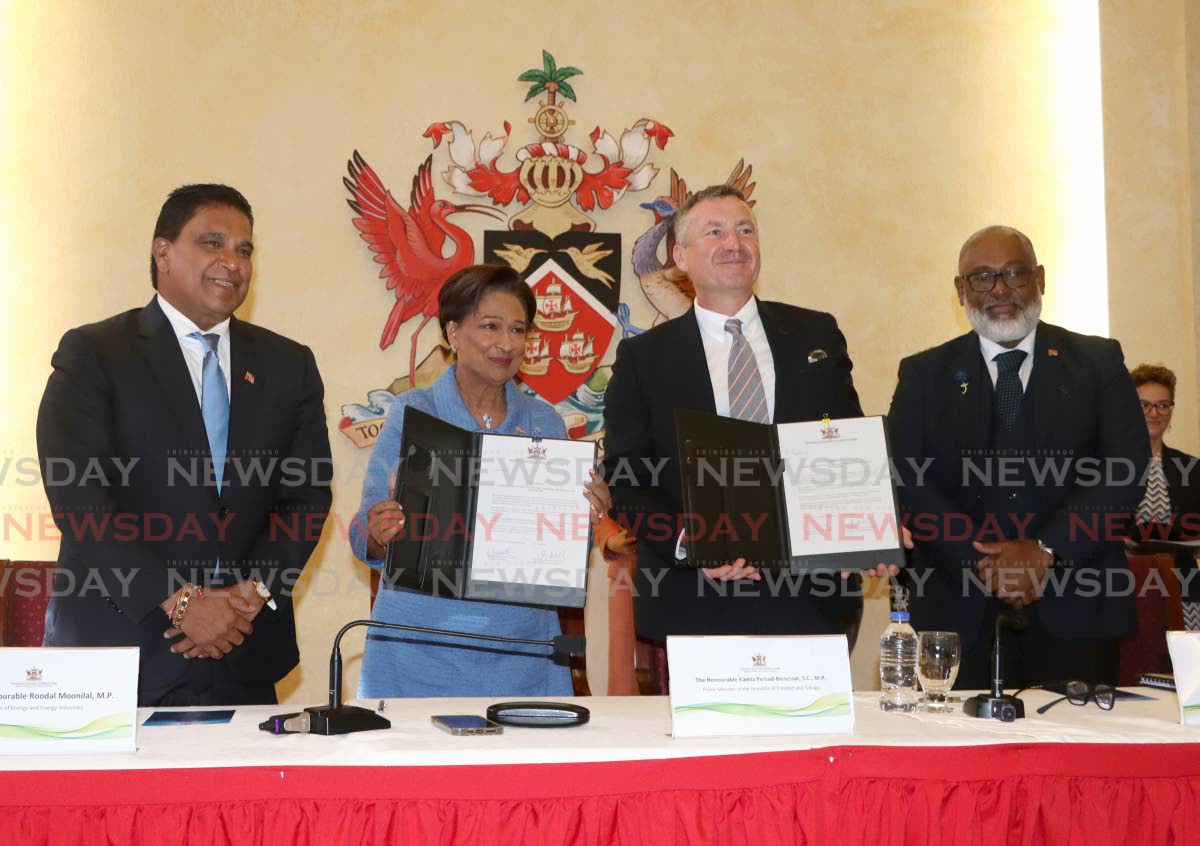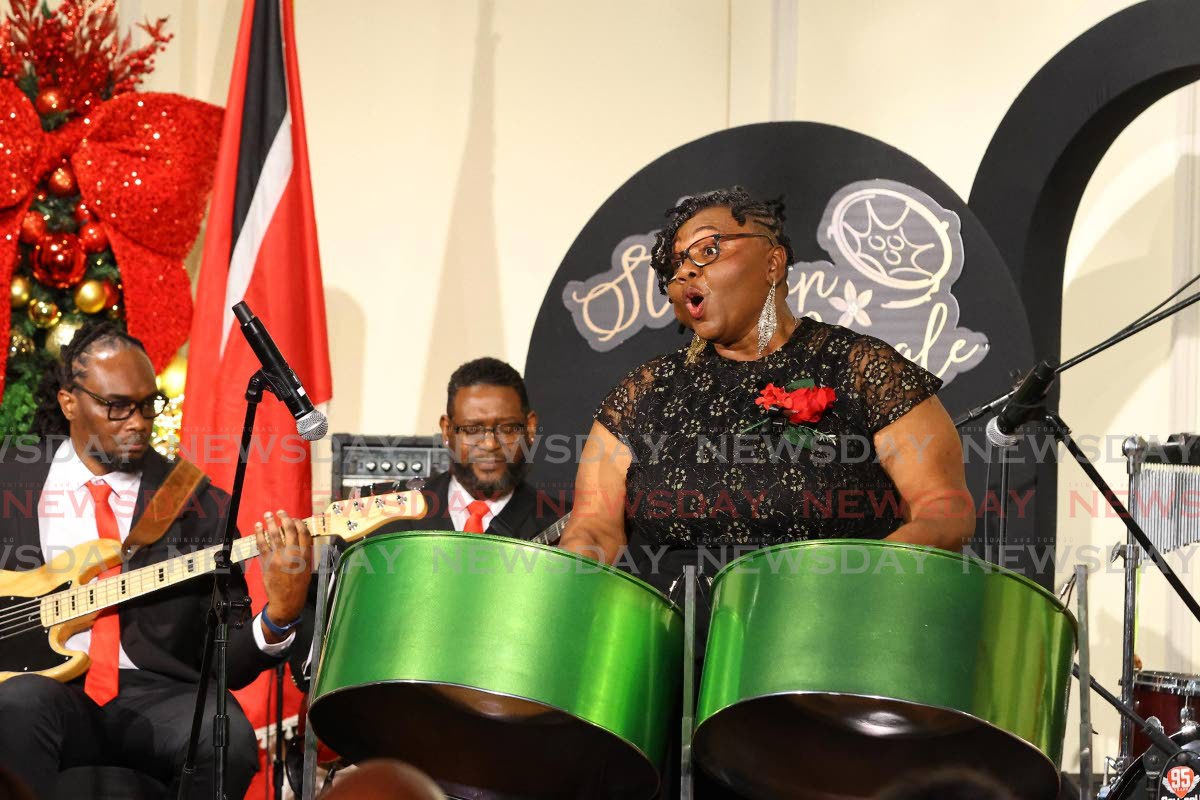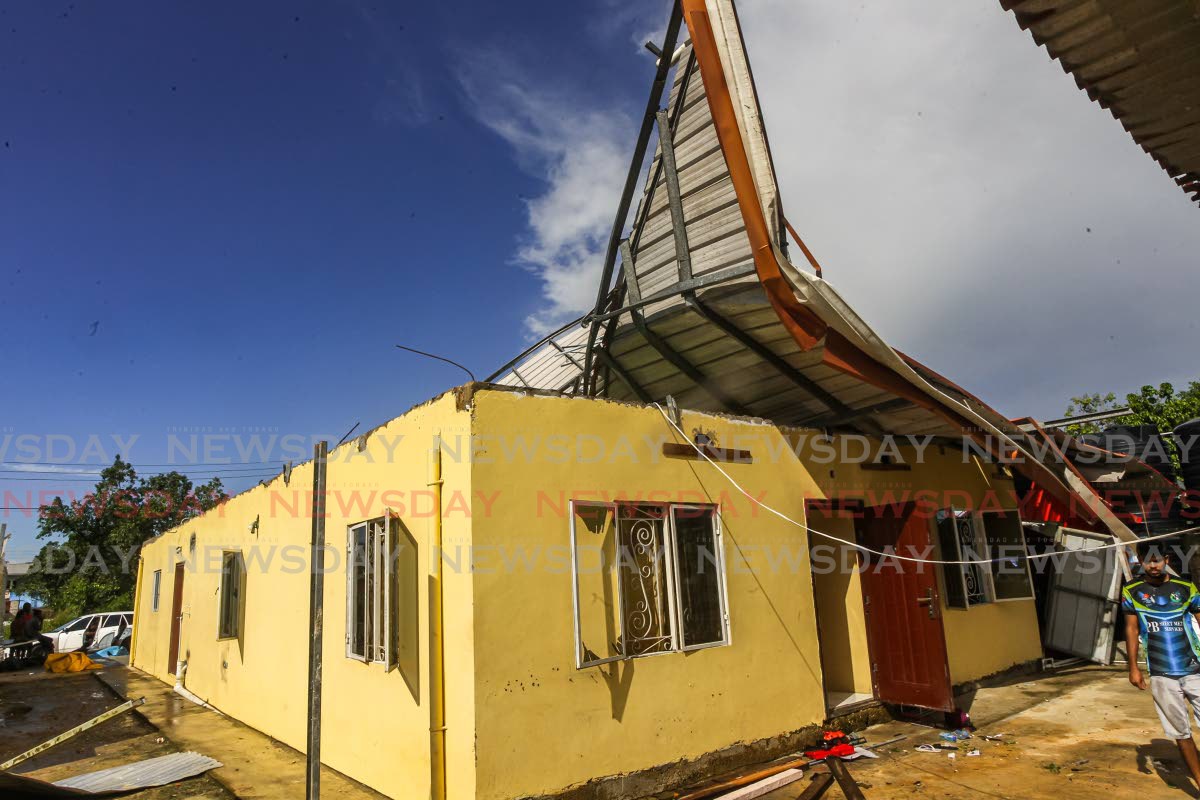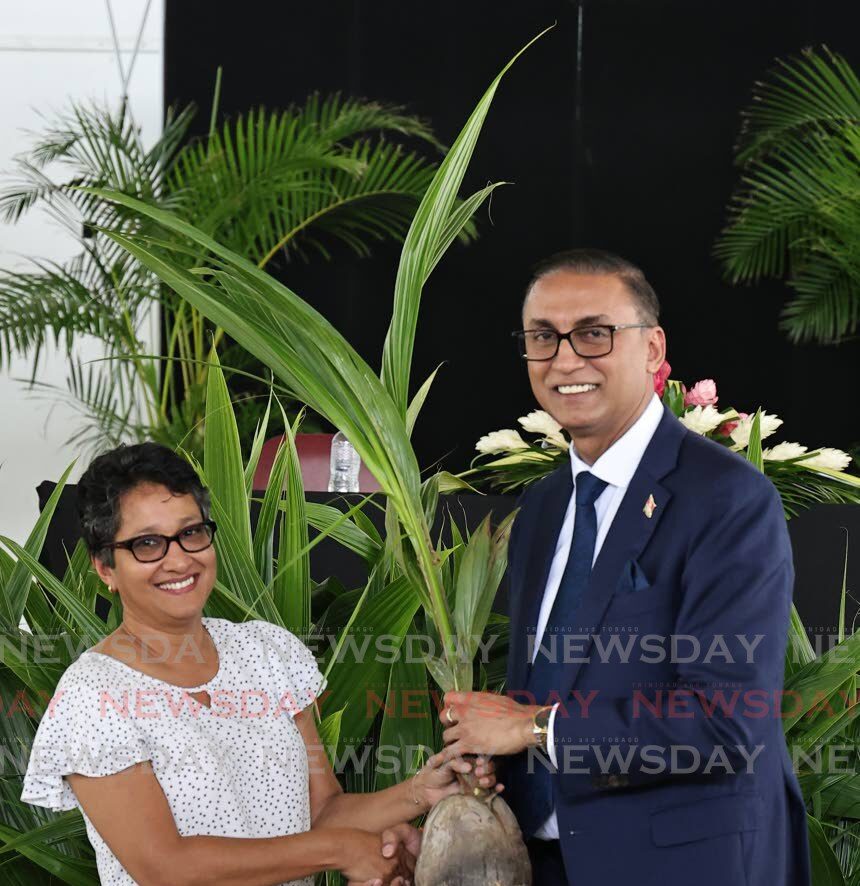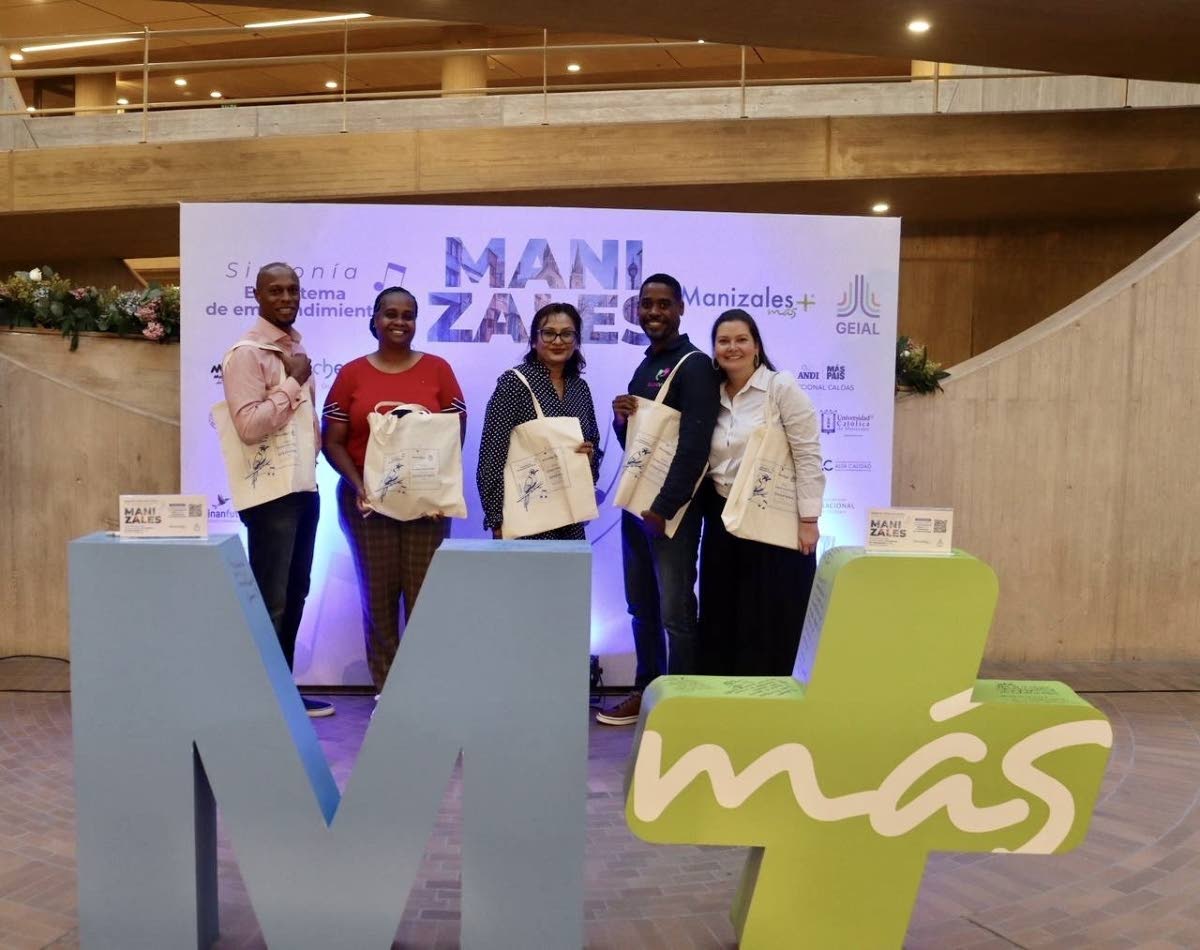Ten Trinidad and Tobago non-governmental organizations have secured substantial funding through the Digicel Foundation’s Extraordinary Projects Impacting Communities (EPIC) grant program, receiving $100,000 each to implement transformative initiatives over the next 12-16 months. The funding, generously sponsored by Shell, marks the ninth edition of this community empowerment program focused on driving progress in digitalization, environmental sustainability, and community development.
At a partnership unveiling event held at Hyatt Regency in Port of Spain on December 3, Shell’s Managing LNG Counsel Shaista Ali emphasized the profound impact of community-led sustainability initiatives. “When communities lead sustainability initiatives, the impact excels far beyond any project—it becomes a legacy,” Ali stated. “Together, these areas reflect the kind of future we want to help shape: healthy, innovative, resilient, and environmentally conscious, where people feel empowered to create lasting change.”
The selected projects demonstrate remarkable diversity and innovation. The Holistic Autism Intervention program by the Southern Muslim Institute for Learning and Enrichment will provide specialized speech, behavior, and art therapy for autistic children experiencing developmental delays. Meanwhile, the Fyzabad United Football Club is developing a mobile, solar-powered homework and life skills center housed within a refurbished 20-foot shipping container, complete with computer facilities, internet access, and dedicated tutoring spaces.
Childline received funding to modernize its data management platform, enhancing its capacity to document and support children in distress. Sewa International TT will implement a solar-powered, multi-purpose energy system in Piarco to power health fairs and blood drives. Other beneficiaries include the Mayaro-based community agri-business hub developed by Sisters Uplifting Sisters, the TT Scouts Association’s school bench initiative, and the Bovell Cancer Diabetes Association’s digital hub for medical education.
The Trinidad and Tobago Chest and Heart Association’s virtual reality youth health hub promises to create an engaging, technology-driven educational space where young people can learn about the impacts of smoking and vaping through immersive VR experiences. Additional recipients include Sapphire Miriam’s community after-school center in Chaguanas and Barataria Anglican Primary School’s digital lab and child safety project.
Digicel Foundation Board Chair Desha Clifford revealed the impressive scale of the foundation’s three-year partnership with Shell, noting that over $3 billion has been invested to date. “We have supported 160 projects across Trinidad and Tobago, touching the lives of over 88,000 people,” Clifford announced. “This represents more than $56 million in sustainable community development. These numbers tell a powerful story of change and perseverance.”
Martel Waldron, Acting Deputy Permanent Secretary at the Ministry of Sport and Community Development, expressed government endorsement for the program, noting that these initiatives align perfectly with the national mandate to build stronger communities, empower NGOs, and support sustainable development across the nation.

